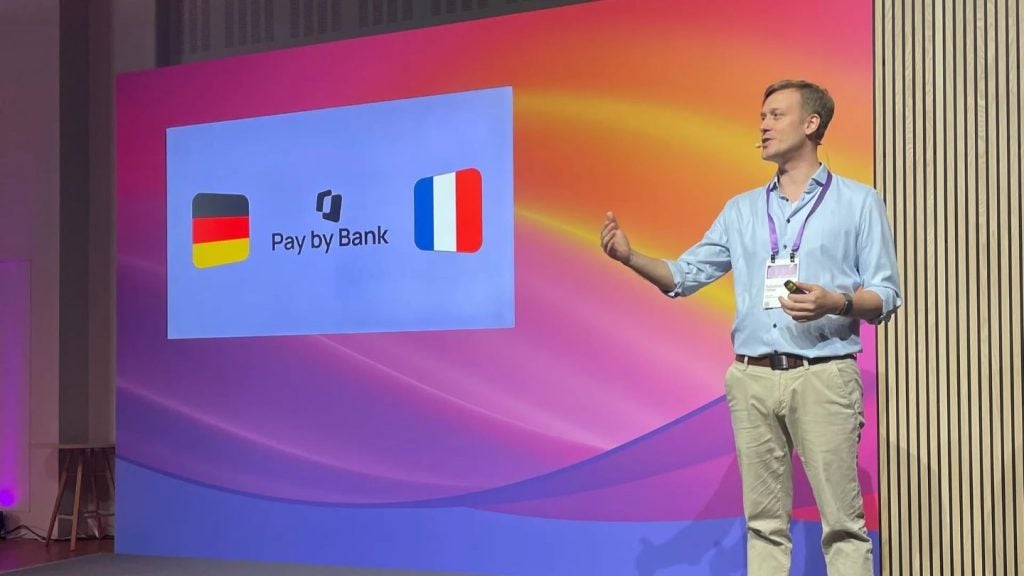The UK government and regulators have confirmed that Open Banking Limited will continue to lead the expansion of open banking.
JROC is made up of HM Treasury, Competition and Markets Authority (CMA), Financial Conduct Authority (FCA) and Payment Systems Regulator (PSR). It has published their vision for the future of open banking. Specifically, JROC has issued recommendations on the design of a future entity that Open Banking Limited will transition to, and new policy Roadmap.
Open Banking Limited was created following the CMA’s 2016 retail banking investigation.
Open banking in the UK: 7 million active users
Its initial role was to create a shared API for the nine biggest current account providers in the UK. The aim was to enable their customers to safely and securely share their data with other financial service providers to achieve better financial outcomes across a number of banking products including current accounts and credit cards. OBL is also tasked with monitoring the performance of the nine banks.
Open banking currently has over 7 million active users in the UK. The latest initiative aims to bring opportunities for new products and services, allowing consumers and businesses to share data and make payments in more convenient and efficient ways.
JROC recommendations
The JROC’s recommendations contain a roadmap of priorities over the next two years, covering five key themes:

US Tariffs are shifting - will you react or anticipate?
Don’t let policy changes catch you off guard. Stay proactive with real-time data and expert analysis.
By GlobalData- levelling up availability and performance
- mitigating the risks of financial crime
- ensuring effective consumer protection if something goes wrong
- improving information flows to third party providers (TPPs) and end users
- promoting additional services, using non-sweeping variable recurring payments (VRP) as a pilot
The JROC also sets out its vision for the open banking future entity, including the next steps which need to be taken in designing it. There will be a transition from the Open Banking Implementation Entity (OBIE) to the future entity which will build on the significant progress made to date. In addition, the report outlines the principles that will underpin a long-term regulatory framework, which the government is intending to legislate for.
Centre for Finance, Innovation and Technology
Furthermore, the Economic Secretary to the Treasury confirmed that the first Centre for Finance, Innovation and Technology (CFIT) coalition will be in the area of Open Finance.
Marion King, OBL Chair and Trustee, said: “Today’s announcement by the Joint Regulatory Oversight Committee (JROC) secures the future for our thriving open banking ecosystem in the UK. In just over five years, the UK’s approach to open banking has created a world-leading regulatory framework delivering competition, innovation and, most importantly, real-world benefits to seven million consumers and small businesses.”
Extending open banking into other financial sectors
“JROC’s recommendations and other government initiatives will allow us to maintain momentum, and for the UK to extend the benefits of open banking into other financial services and sectors through open finance and smart data, benefiting millions more users.
“Five years ago, the regulators, the banking industry, fintechs and other consumer and business groups collaborated to create an approach that is replicated by more than 80 international regulators. This has reinforced the UK’s reputation as a global fintech centre. Now is the time to create a future entity and new regulatory framework that can build on open banking’s successes to deliver JROC’s priorities.”
VRPs: key to unlocking richer open banking cases
Todd Clyde, Chief Executive Officer at Token.io, the open banking payments platform, welcomed the regulators recognition of the potential of non-sweeping Variable Recurring Payments (VRPs). He said that VRPs are key to unlocking richer open banking use cases. Broader recognition of the opportunity presented by premium APIs, which will enable the development of a broader open finance ecosystem, is also a significant milestone for the future of open banking.
Clyde added: “Today’s publication of the JROC’s recommendations is a significant milestone and opportunity for all open banking stakeholders in the UK.
“With the total transaction value of all open banking payment transactions in the UK projected to surpass $82 billion by 2027 (from $13.6bn in 2022), we expect the availability of non-sweeping VRPs to be an important catalyst for the adoption of open banking-enabled payments.
“It is also positive that the regulator has identified a clear and continued role for a strong central entity to both maintain and expand the UK’s open banking ecosystem. The OBIE has been a key driver of the UK’s success in open banking to date, and in particular, in enabling seamless open banking-enabled user experiences.
“The regulators’ broader recognition of the opportunity presented by premium APIs is more welcome news. Premium APIs, built on balanced commercial models, can support the development of higher quality APIs and will also enable the development of a broader open finance ecosystem (across mortgages, pensions, investments, and more).”
An important milestone: GoCardless
Hiroki Takeuchi, co-founder and CEO at GoCardless, added: “This report is an important milestone in the UK’s open banking journey. We welcome JROC’s prioritisation of the roll-out of Variable Recurring Payments (VRPs) so that more UK businesses and consumers can benefit from them. I’m also pleased to see a focus on technical, but important, issues which need resolving in the background.
“Above all, the report highlights the need for Government, the regulatory authorities and industry participants to work together for JROC’s vision to be achieved. There isn’t a moment to lose and we’re excited to play our part.”
Emma Steeley, CEO of Freedom Finance, the digital lending marketplace, added: “The mass adoption of Open Banking will improve financial outcomes for millions of financial services customers.
“The UK is already a global leader in the use of Open Banking technology and its success is tangible evidence of the benefits that the fintech sector in this country can deliver for consumers when acting in lockstep with the government, regulators and the wider financial service industry.
Building scale pivotal to open banking becoming ubiquitous
“It is encouraging to see the commitment in this roadmap to building up scale which is pivotal to Open Banking becoming ubiquitous in this country. To achieve this, the ecosystem needs to increase competition by offering consumers the widest possible selection of providers, products and services from the most reputable brands to deliver safety and choice.
“In the consumer credit sector, Open Banking is significant because the widespread sharing of transaction data can help lenders deliver more personalised and suitable products by using a far wider set of criteria to assess customers. This not only matches products with customers in a bespoke manner but increases access to the credit market by generating a far more accurate risk profile of a customer through an increasingly holistic assessment of their creditworthiness compared to the narrow parameters used to generate credit scores.
“For example, it means a person with a thin credit file through no fault of their own – like divorcees or expats returning to the UK – but posing no greater risk to lenders will not face exclusion from the market.
“We urge the industry to continue working with the government to push forward proportionate regulation, improve data sharing and support the development of payments capabilities. Only through fintechs, government and the retail financial services working together can we make Open Banking a truly great UK success story.”







